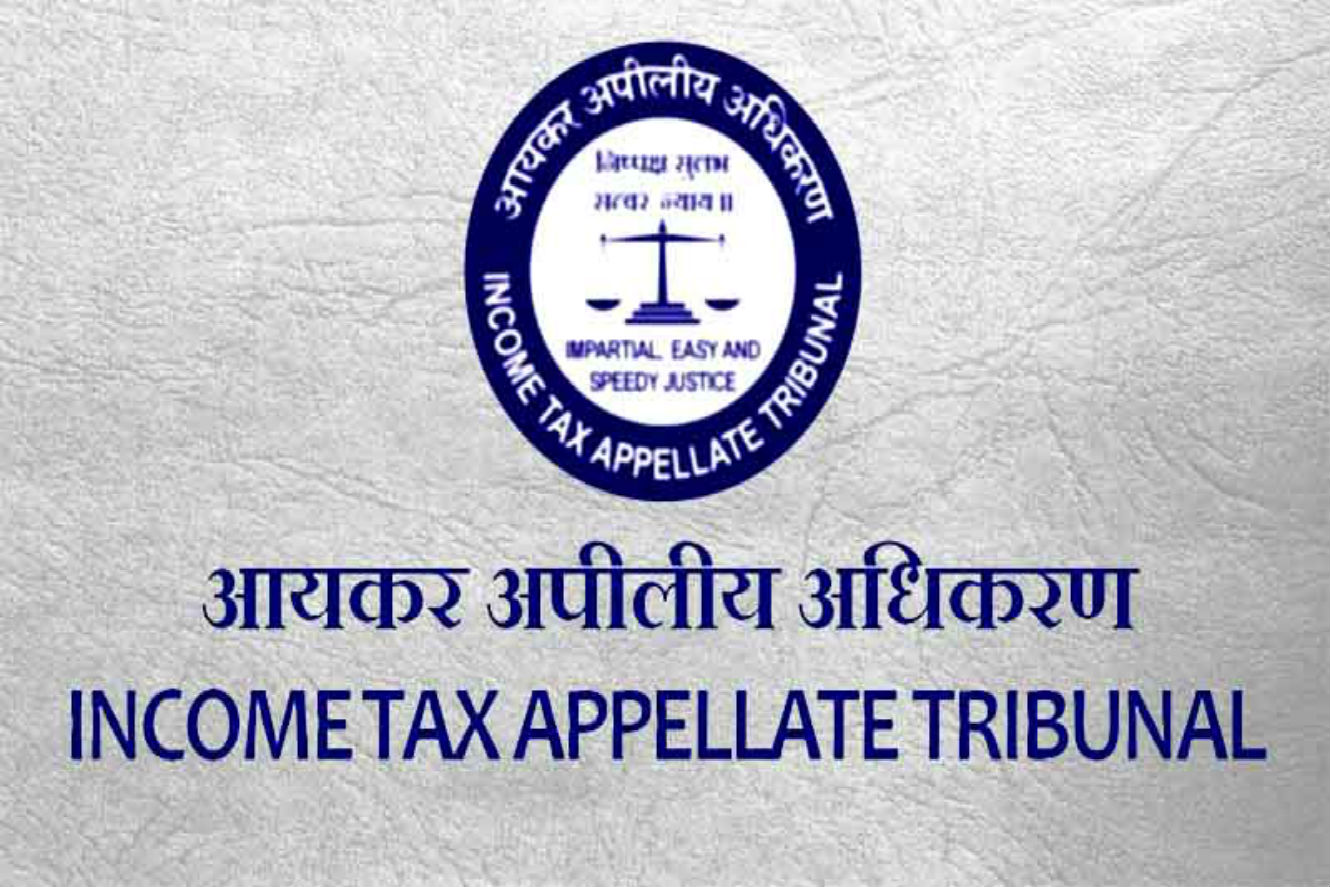R.M.S. Khandeparkar, J.@mdashHeard the learned Advocates for the parties. Rule. By consent, the rule is made returnable forthwith.
2. Since common questions of law and facts arise in both the petitions, they were heard together and are being disposed of by this common judgment.
3. The petitioner Sadashiv Sutar was employed with the Kolhapur Zilla Janata Sahakari Bank Ltd. On 18th April, 1992, the said bank entered into a settlement with the Co-operative Bank Employees'' Union in relation to the employees of the said bank for the period from 1st April, 1991 to 30th September, 1994. By an order dated 22nd August, 1992 passed by the Registrar of co-operative societies, the Board of Directors of the said bank was superseded and the Board of Administrators was appointed for the management of the said bank. The Board of Administrators by letter dated 22nd June, 1994 took various steps for reduction of financial liability towards the payment of salary to its employees, whereupon, on 4th July, 1994, a complaint came to be filed in the Industrial Court alleging the unfair labour practices under Items 9 and 10 of Schedule IV of the Maharashtra Recognition of Trade Unions & Prevention of Unfair Labour Practices Act, 1971, hereinafter called as "the MRTU & PULP Act". On 20th October, 1997, a winding up order was issued under the provisions of Maharashtra Co-operative Societies Act, 1960, hereinafter called as "the Co-operative Societies Act", in relation to the said bank and most of the employees of the said bank tendered their resignation from time to time except the petitioner Sadashiv Sutar. On 27th April, 2001, the Industrial Court directed the complainant to join the Liquidator of the Bank as the party respondent to the said proceedings and thereafter disposed of the said complaint by the impugned order directing that the petitioner-Sadashiv Sutar is entitled to get the wages and terminal benefits of his service and further that he should get work on contract basis from the bank. While Sadashiv Sutar in Writ Petition No. 1839 of 2003 has challenged the impugned order contending that the action on the part of the bank is in violation of the provisions of the Industrial Disputes Act, 1947, hereinafter called as "the I.D. Act", and more particularly section 25-F, the Liquidator of the said bank in Writ Petition No. 2046 of 2003 has challenged the impugned judgment and award on the ground that the Industrial Court had no jurisdiction to entertain the complaint or to issue such directions in view of the fact that the grievance of the employee related to the termination of his services being at the most could be covered under Item 9 of Schedule IV of the MRTU & PULP Act, and secondly that, in view of the winding up proceedings, considering the provisions of section 107 of the Co-operative Societies Act, no proceedings could have been continued without prior leave of the Registrar of the Co-operative Societies and further that the Industrial Court having arrived at the finding about the absence of unfair labour practices adopted by the employer, could not have issued any further direction.
4. Placing reliance in the decision of the learned Single Judge in the matter of Amarvati Growers Co-operative Spinning Mills Ltd. v. Sheshrao K. Ingle & others, reported in 1992(I) C.L.R. 809 and of the Division Bench of Kerala High Court in
5. Bare reading of the complaint and the impugned judgment and award apparently discloses that the grievance of the employee is related to the alleged illegal termination of his service. At the same time, it is a matter of record that the proceedings before the Industrial Court were initiated after the appointment of the Board of Administrators to the bank pursuant to the dissolution of the Board of Directors. Further, the impugned order has been passed after the winding up proceedings were initiated and the liquidator was appointed. In the background of these facts, it is apparent that the grievance of the employee relating to the alleged illegal termination of his services could fall under Item No. 1 of Schedule IV of the MRTU & PULP Act, and therefore, the learned Advocate for the bank is justified in contending that considering the provisions of section 5(d) read with section 7 of the MRTU & PULP Act, the jurisdiction to entertain the complaint filed by Sadashiv Sutar was with the Labour Court and not with the Industrial Court.
6. Section 107 of the Co-operative Societies Act provides, that save as expressly provided in the Act, no Civil Court shall take cognizance of any matter connected with the winding up or dissolution of a society under the said Act and when a winding up order has been made no suit or other legal proceedings shall lie or be proceeded with against the society or the liquidator, except by leave of the Registrar, and subject to such terms, as he may impose;
7. The learned Single Judge in Amravati Growers Co-operative Spinning Mills Ltd. v. Sheshrao K. Ingle & others (supra), after taking into consideration the ruling of Federal Court in Governor General in Council v. Shriomani Sugar Mills Limited, reported in AIR 1946(33) F C 16, and after taking note of the provisions of section 171 of the Companies Act, 1913, wherein similar provision is to be found with the expression "other legal proceedings" and which was the subject matter of interpretation in the said Shriomani Sugar Mills''s case (supra), and relying upon the same, has interpreted the expression "other legal proceedings" in section 107 of the Co-operative Societies Act to include the proceedings under MRTU & PULP Act. The contention of the learned Advocate for the employee that the I.D. Act is a special law and, therefore, will have overriding effect in relation to the provisions of section 107 of the Co-operative Societies Act cannot be accepted, and I do not find any justification to take the view different from the one taken by the learned Single Judge in Amravati Grower''s case (supra). Infact, the finding about the non-exclusion of the proceedings under the MRTU & PULP Act from the expression "other legal proceedings" u/s 107 of the Co-operative Societies Act has been arrived at after detail analysis of the provisions of law contained in both the statutes and there is no justification to take a different view in the matter. Being so, the learned Advocate for the bank is justified in contending that in the absence of leave of the Registrar of Co-operative Societies, the Industrial Court or for that matter even the Labour Court could not have proceeded with the proceedings in the complaint initiated by Sutar. Apparently, the exercise of the Industrial Court is without jurisdiction for the reasons stated above. This itself is infact sufficient to dispose of the petitions by setting aside the impugned orders.
8. The learned Advocate for the bank is also justified in contending that once the proceedings for winding up had commenced, the question of retrenchment of the employee could not arise and it would be a case of closure of the undertaking. He is justified in that connection in drawing the attention to the decision of the Division Bench of Kerala High Court wherein, it was observed thus:---
"The second objection is that the learned Judge should not have confined the compensation for termination of employment to a maximum of average pay for three months under the proviso to sub-section (1) of section 25-FFF of the Industrial Disputes Act. The contention is that the winding up of the bank was not due to unavoidable circumstances beyond the control of the directors, because the winding up order itself shows that there was mismanagement which necessitated the winding up. As pointed out by our learned brother, the argument has no force whatsoever. The closing down of the bank was something imposed on it by the order of the High Court and was, therefore, on account of unavoidable circumstances beyond its control. It was, in fact, in spite of and overruling objections against winding up. The question that it was misconduct or mismanagement that brought about the winding up is not relevant to the consideration whether the closing down was imposed on it by the Court. We agree with Raman Nair, J., that unless the order of the Court was obtained by collusion or fraud, every case of closure following an adjudication in insolvency or a compulsory winding up must necessarily come within the proviso to sub-section (1) of section 25FFF. There is thus no substance in this objection either."
I am in respectful agreement with the view taken by the Kerala High Court on the point in issue.
9. It is indeed strange that the Industrial Court has proceeded to give directions for employing the employee on contract basis and further declaring that the termination of the employee to be bad in law and that he would be entitled to get the wages and terminal benefits, and that too after having arrived at the finding that there was no unfair labour practice adopted by the employer. Indeed, the Industrial Court has arrived at the clear finding about the absence of unfair labour practice being adopted by the employer and having arrived at such a finding, there was no justification for the Industrial Court to give the above referred directions. Section 30 of the MRTU & PULP Act clearly requires the Industrial Court to deal with the complaint u/s 28 thereof first to ascertain whether there is any unfair labour practice adopted by the employer and if the answer is in the affirmative to the said issue, only then that the Court could issue further direction or directions in the matter, and not otherwise. The law in that regard is clear from the provisions of section 30 of the MRTU & PULP Act.
10. For the reasons stated above, the impugned order dated 2nd July, 2003 issued by the Industrial Court in Complaint (ULP) No. 688 of 1994 cannot be sustained and is liable to be quashed and set aside. Writ Petition No. 2046 of 2003 filed by the Liquidator, Kolhapur Zilla Janata Sahakari Bank Ltd., therefore, succeeds and the impugned order is set aside. Rule is accordingly made absolute with no order as to costs. The Writ Petition No. 1839 of 2003 filed the petitioner-Sadashiv K. Sutar, therefore, fails and is dismissed. Rule therefore, is discharge with no order as to costs.

